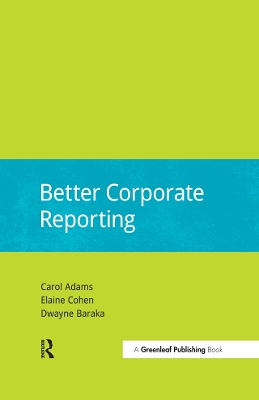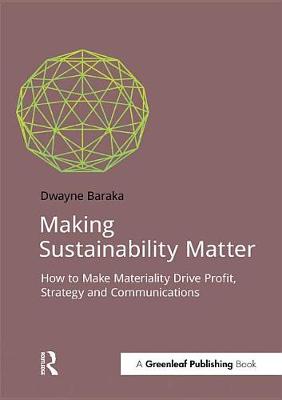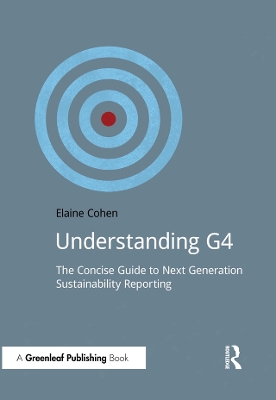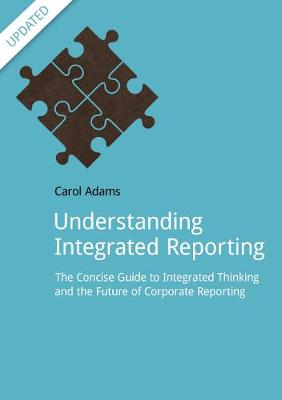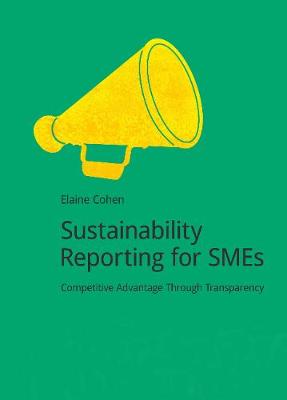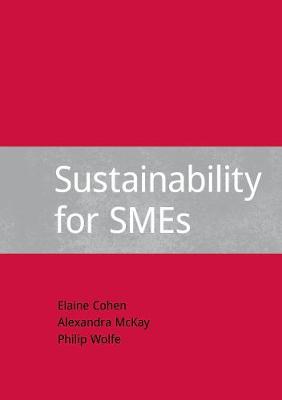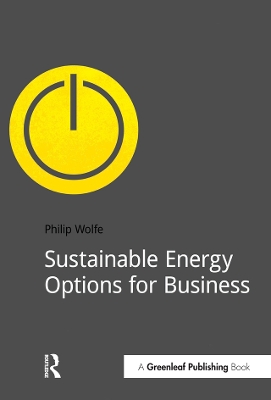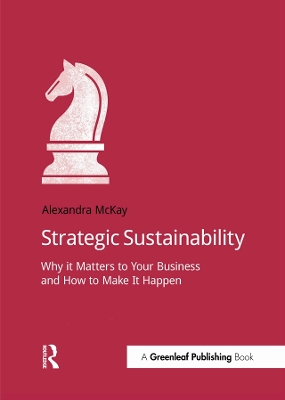DoShorts
8 total works
Better Corporate Reporting outlines the latest frameworks for enhancing non-financial and sustainability reporting. It shows you how to integrate non-financial data into your reporting and overall strategy, creating long-term value, trust and transparency. It includes guides to: the International Integrated Reporting Council's new framework; the Global Reporting Initiative's G4 framework; and a detailed look at the concept at the heart of both of these new frameworks, materiality. It is the compilation of 3 bestselling sustainability guides on sustainability reporting.Understanding Integrated Reporting provides a practical and expert distillation of the new IR framework released by the International Integrated Reporting Council in December 2013. It explains what IR is and how to do it; how it links with other reporting frameworks and what it means in terms of thinking and processes. You'll also get a clear business case for IR and insights and best practice examples from leading integrated reporters.
The Global Reporting Initiative (GRI) G4 Sustainability Reporting Framework was launched in May 2013. In Understanding G4, corporate reporting veteran Elaine Cohen presents an easy-to-follow review of everything any organization needs to know to decide whether to use the G4 Framework and if so, how.
Materiality is the lynch-pin that can align your sustainability initiatives with your overall strategy. Making Sustainability Matter shows you how to identify your organization's most material sustainability issues, allocate resources to sustainability initiatives for optimal returns; connect your communications and reporting to materiality, and; clarify which issues are important to your stakeholders. Materiality is a core concept in both the GRI's new G4 framework the IIRC's new Integrated Reporting framework.
Materiality is the lynch-pin that can align your sustainability initiatives with your organizational strategy – and form the basis of communications and reports that generate trust and transparency. What's more, most companies could be significantly more profitable by engaging with their most material sustainability issues.
Making Sustainability Matter, by business strategy expert Dwayne Baraka, draws lessons from the author's work with a wide range of organizations, including several of the FTSE 100, financial services, housing associations and technology companies.
It will show you how to: identify your organization's most material sustainability issues, and use a well thought out materiality process to integrate sustainability into your organization; allocate resources to sustainability initiatives for optimal returns – and avoid wasting resources on programmes that are not strategically aligned to your business; connect your communications to materiality, and; clarify which issues are important to your stakeholders.
Case studies from SAP and Marks and Spencer are included along with appendices on common material sustainability issues, sustainability issues record and further resources.
In many businesses sustainability is one person’s passion and responsibility. A large part of their job becomes selling sustainability to other people in the business.This book offers arguments, information and tactics will help that person get the buy-in they need to move sustainability forward in their business.Strategic Sustainability: sets out why sustainability matters to businesses – the benefits to you and your stakeholders; shows how to identify the biggest issues, impacts and wins for your business; helps you identify the resources you will need to put sustainability at the heart of your business; outlines key reasons why businesses that are not multinationals should take action on sustainability, and how to do it; looks in detail at how to integrate sustainability with business strategy and mission.Sustainability is of strategic importance to a business. This book makes an airtight case for why action is essential and how sustainability can help a business not only survive but thrive in competitive marketplaces.
